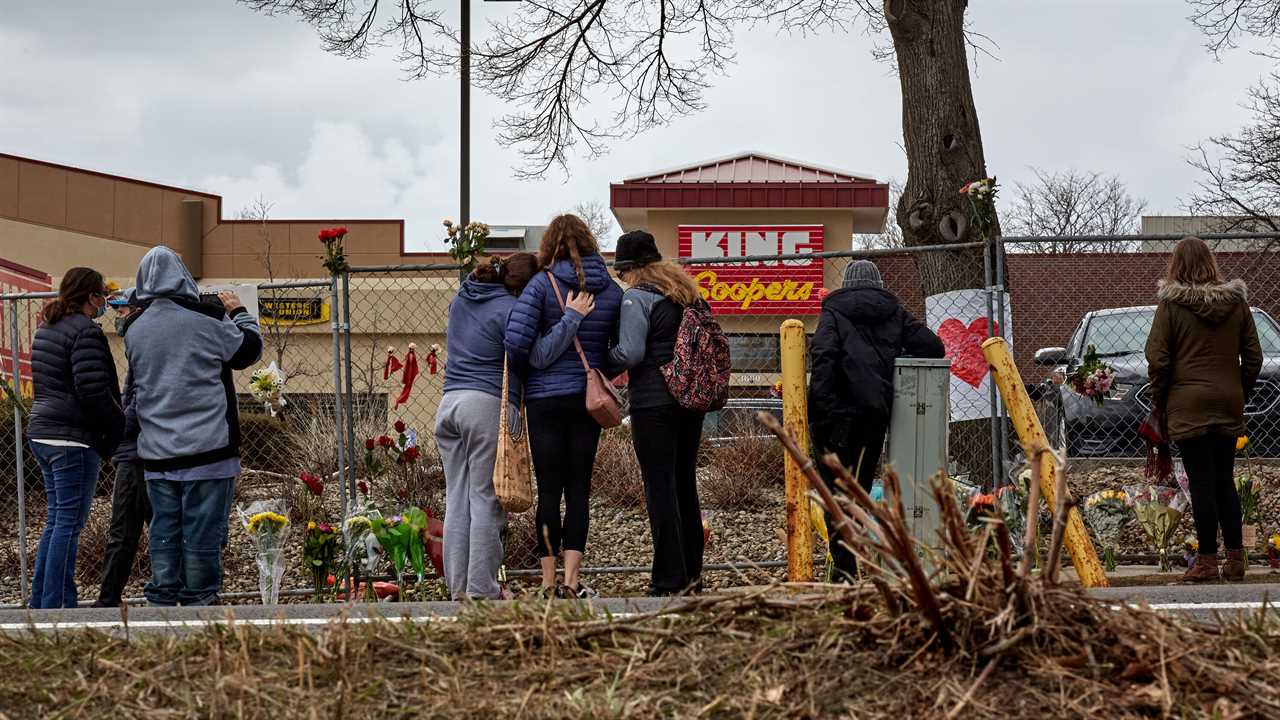
WASHINGTON — With Congress unlikely to move quickly on gun legislation, the White House is pressing ahead with plans for a series of executive orders that President Biden expects to roll out in the coming weeks as a way of keeping up pressure on the issue.
A day after Mr. Biden called on the Senate to pass a ban on assault weapons and strengthen background checks in response to a pair of mass shootings in the past week that left 18 people dead, White House officials said on Wednesday that while moving legislation on gun safety remained a goal, it would take time, given the vehement opposition from Republicans.
Jen Psaki, the White House press secretary, said that legislation was necessary to make permanent changes. But she also suggested that the executive actions under consideration could be a realistic starting place.
“There’s lots of leverage you can take, obviously, as president and vice president,” she said.
For now, administration officials have been reaching out to Democrats in the Senate to consult with them about three executive actions. One would classify as firearms so-called ghost guns — kits that allow a gun to be assembled from pieces. Another would fund community violence intervention programs, and the third would strengthen the background checks system, according to congressional aides familiar with the conversations.
Aware that any executive actions on guns will face legal challenges, the White House Counsel’s Office has also been vetting those actions to make sure they can withstand judicial review, officials said.
A White House spokesman declined to comment on the coming actions. But Mr. Biden is under pressure from gun safety groups to act as soon as possible.
“If there’s one thing we are in this past year during the past year is inaction cost lives,” said John Feinblatt, the president of Everytown for Gun Safety, a gun violence prevention organization. “This isn’t about next week, it’s not about next month, it has to be about today. It has to be immediate.”
During his campaign, Mr. Biden, a prominent supporter of the 10-year assault weapons ban in 1994, promised to enact universal background check legislation, prohibit all online sales of firearms and ban the manufacture and sale of assault weapons and high-capacity magazines.
But Mr. Biden has acknowledged that he does not know what legislation might be possible, even after the recent shootings in Atlanta and Boulder. “I haven’t done any counting yet,” he said on Tuesday, when asked if he had the political capital to move forward with any gun safety measures.
With the National Rifle Association, once the most powerful lobbying organization in the country, tied up in bankruptcy and spending more money on legal fees than on fighting the White House or Congress, Mr. Biden could have more room to maneuver.
Latest Updates
- A heavily armed man has been arrested at an Atlanta grocery store.
- A victim remembered: ‘She had dreams.’
- The kind of gun bought by the suspect would have been prohibited from sale under a Boulder law, but a judge blocked it.
Since the transition, Biden administration officials have met regularly with Mr. Feinblatt and other proponents of gun control to talk about what actions are possible that do not need cooperation from Congress.
The ideas they have discussed include the Federal Trade Commission evaluating gun ads for safety claims that are false or misleading, the Education Department promoting interventions that prevent students from gaining access to firearms and the Centers for Disease Control and Prevention being required to provide reliable data tracking gunshot injuries.
They have also discussed whether to declare gun violence a public health emergency — a move that would free up more funding that could be used to support community gun violence programs and enforcement of current laws.
“The Bureau of Alcohol, Tobacco, Firearms and Explosives has funding to inspect the average gun dealer every five years,” said Kris Brown, the president of Brady: United Against Gun Violence, a nonprofit group. “We have more gun dealers than Starbucks and McDonald’s.”
Designating gun violence as a public health crisis, Ms. Brown said, would make more money available that would allow for more regular inspections. That was one proposal, she said, that was shared with the Biden transition teams.






